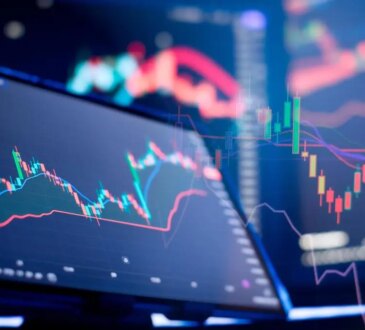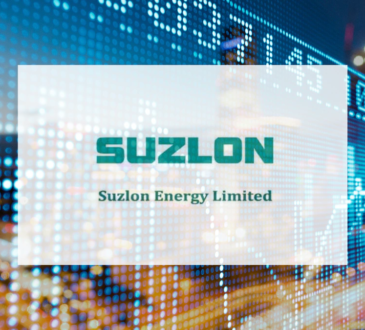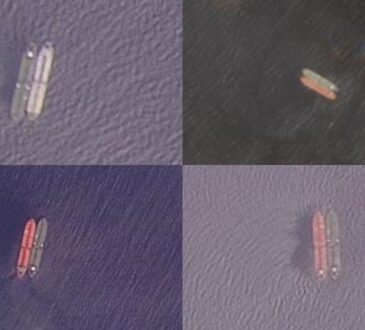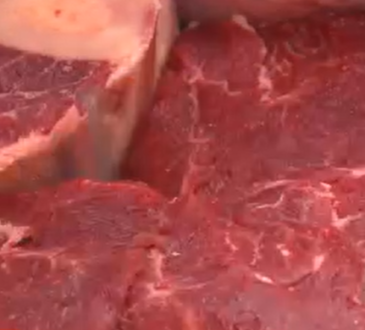Nvidia will build AI supercomputers for US Energy Department, wants to get back into China
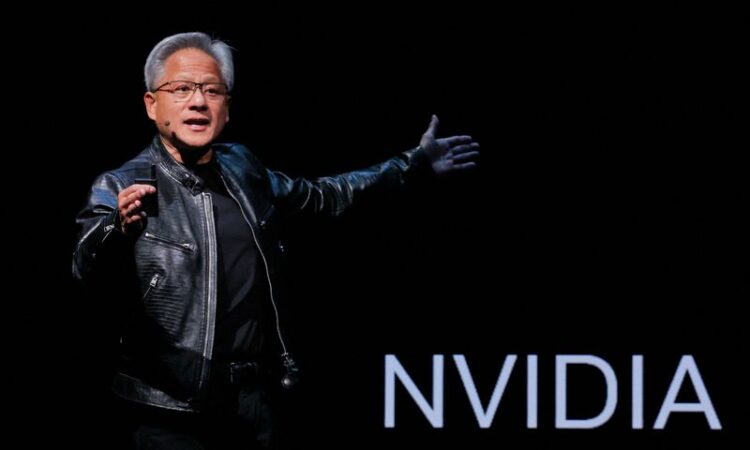
By Stephen Nellis, Alexandra Alper and Arsheeya Bajwa
WASHINGTON (Reuters) -Nvidia CEO Jensen Huang came to Washington on Tuesday with a message for the Trump administration: the U.S. can win the AI battle if the world, including China’s massive developer base, runs on Nvidia systems.
In his address at the first Nvidia developers’ conference held in Washington, Huang walked a fine line between praising President Donald Trump, whose “America First” agenda Huang credited with spurring greater investment in U.S. manufacturing and AI leadership, and risking further antagonism of China. Huang said the artificial intelligence chip leader will build seven new supercomputers for the U.S. Department of Energy and had $500 billion in bookings for advanced chips, but also lamented that the Chinese government has shut it out of its market.
Nvidia is at the core of the global AI rollout, and it is striking deals around the world while also navigating a U.S.-China trade war that could determine which country’s technology is most used around the world. Trump is touring Asia ahead of an expected meeting with Chinese President Xi Jinping on Thursday where China’s use of Nvidia’s chips could be a key issue.
“We want America to win this AI race. No doubt about that,” Huang said. “We want the world to be built on American tech stack. Absolutely the case. But we also need to be in China to win their developers. A policy that causes America to lose half of the world’s AI developers is not beneficial long term, it hurts us more.”
Huang said his company had not applied for U.S. export licenses to send its newest chips to China because of the Chinese position. “They’ve made it very clear that they don’t want Nvidia to be there right now,” he said at a news conference during the company’s GTC developers event. “I hope that will change in the future because I think China is a very important market.”
U.S. administrations have swung back and forth on allowing Nvidia’s advanced chips into China, vacillating on whether access would make China more dependent on the U.S. technology or give its military and tech companies a competitive boost.
Huang praised Trump while announcing new products and deals. These included network technology that will let Nvidia AI chips work with quantum computers, a telecom deal with Finland’s Nokia and self-driving car technology with Uber and Stellantis.
The supercomputers Nvidia is building for the Energy Department will in part help the United States maintain and develop its nuclear weapons arsenal. The supercomputers will also be used to research alternative energy sources such as nuclear fusion. The largest of the supercomputers for the Department of Energy will be built with Oracle and contain 100,000 of Nvidia’s Blackwell chips.

